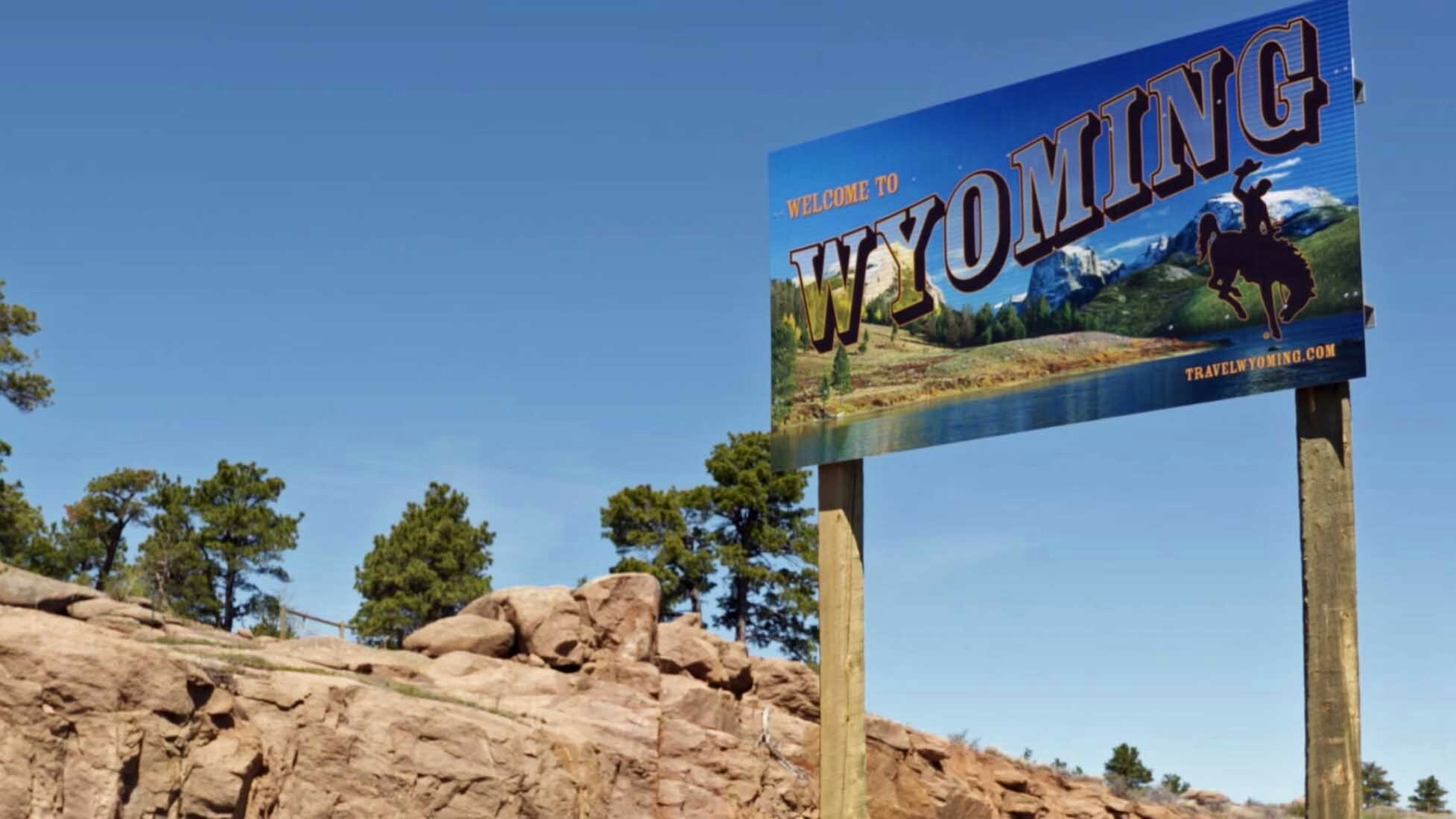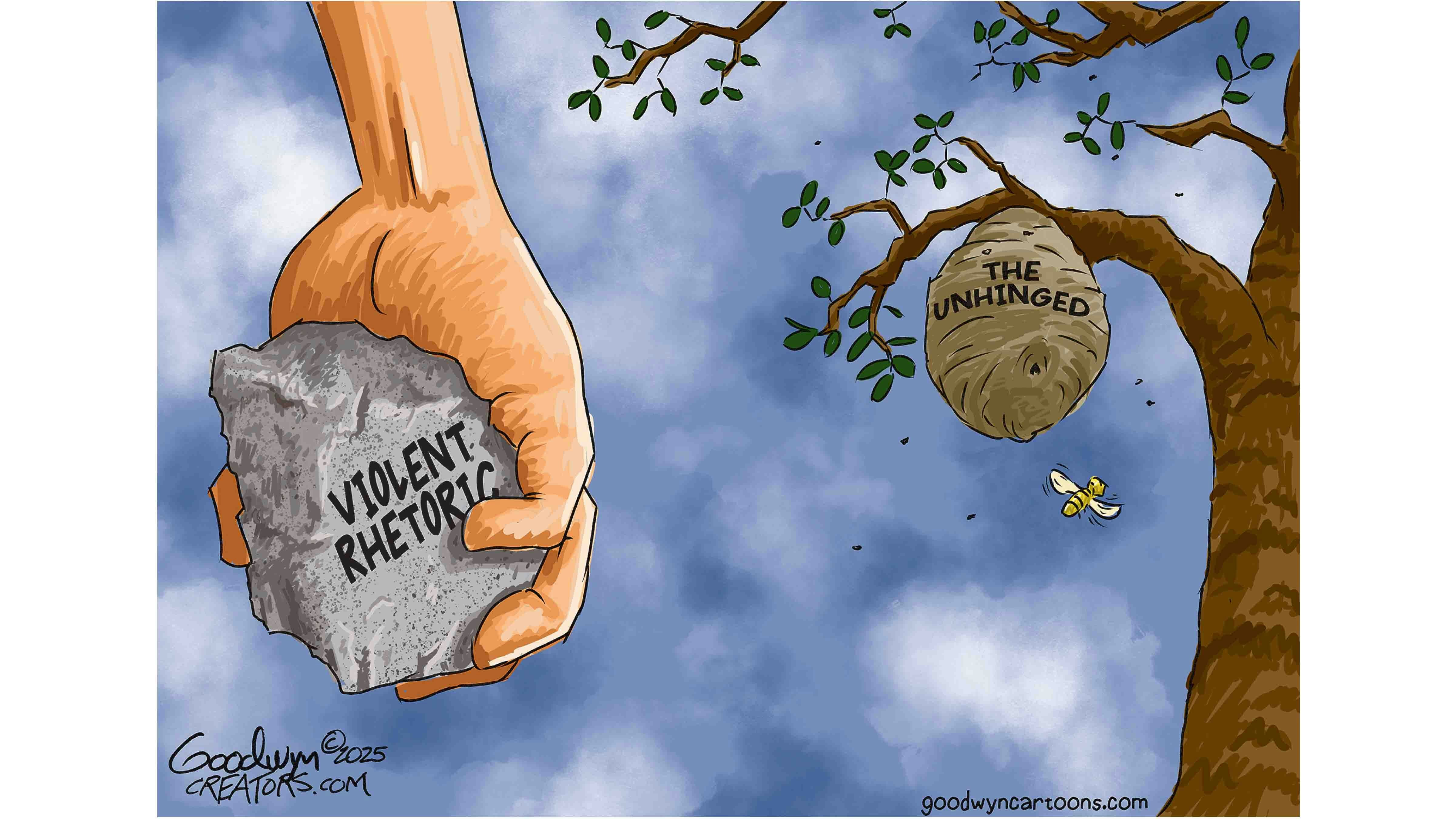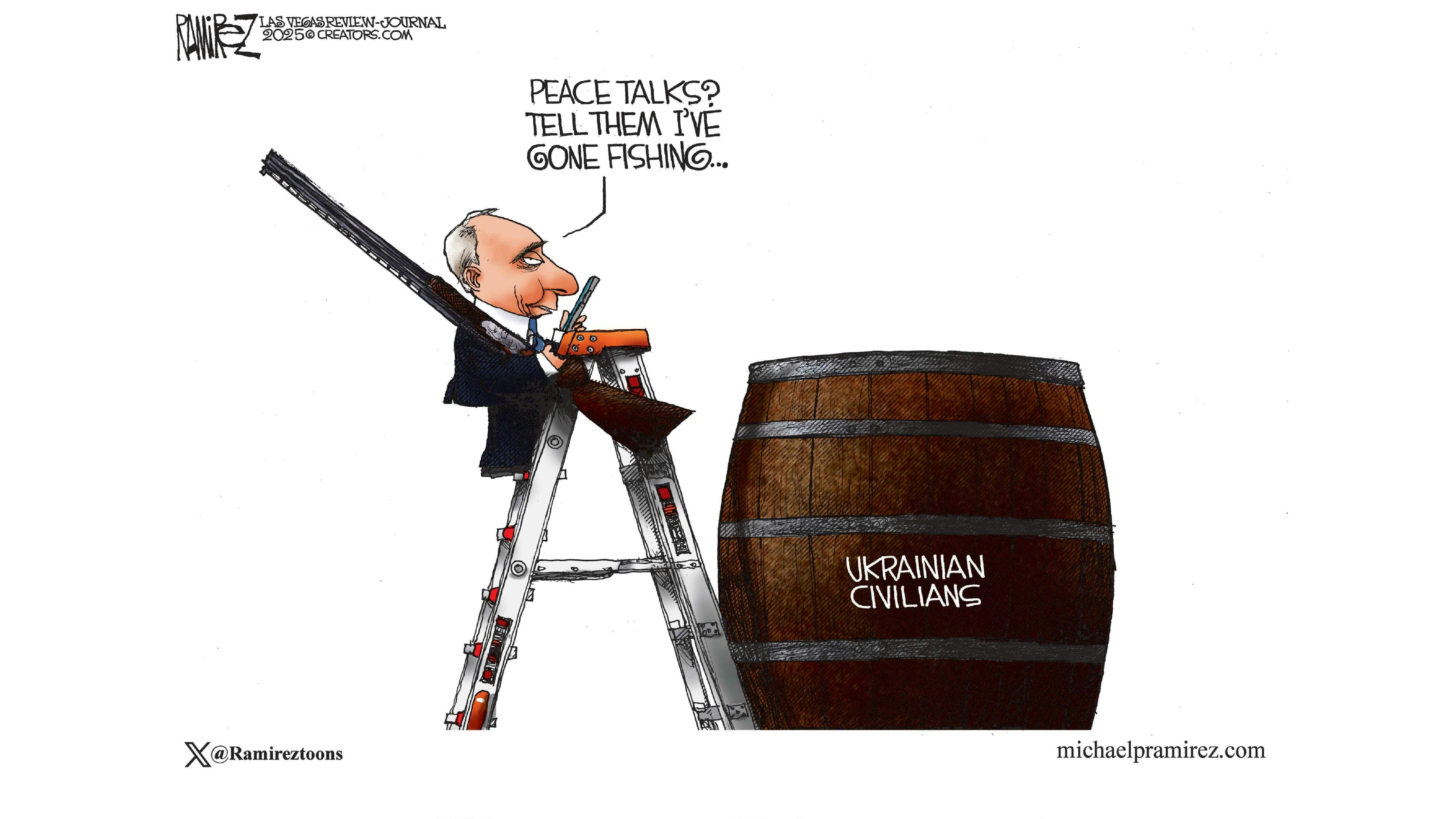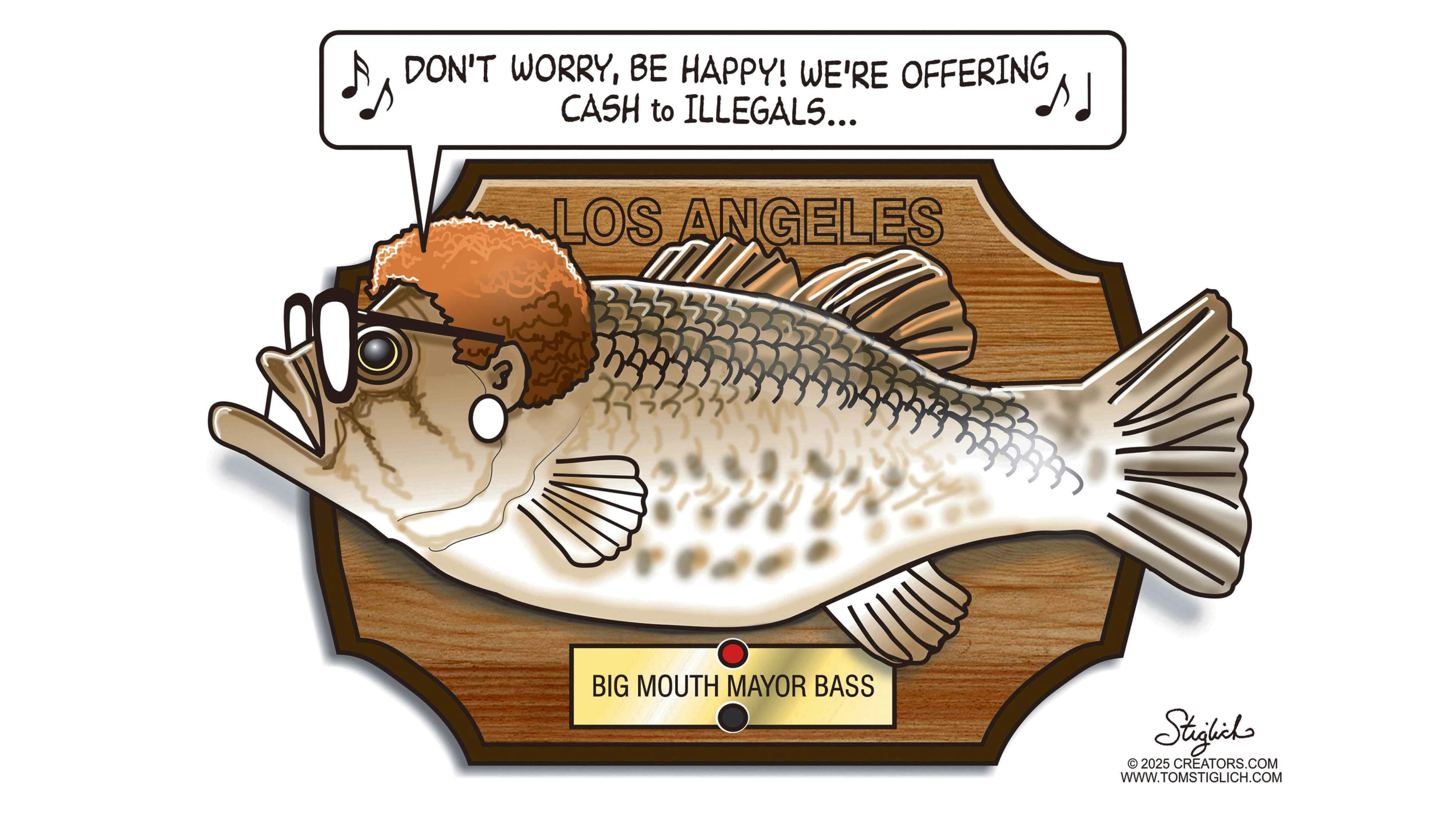By Elyse Kelly, The Center Square
Wyoming saw no state or federal human trafficking convictions during all of 2020, a recent report found.
The Human Trafficking Institute’s latest state analysis shows that there were zero human trafficking convictions in Wyoming last year and no charges filed for sex trafficking or forced labor, Cowboy State Daily reported.
Typically most cases Wyoming sees are handed over to the federal government, according to Kara Chambers, director of Wyoming’s Division of Victim Service.
Nicole Romine, assistant U.S. Attorney and chief of the Criminal Division U.S. Attorney’s Office, said the pandemic affected the number of cases in 2020.
Both pointed to Wyoming’s less-than 600,000 resident population as the main factor behind Wyoming’s usually low numbers.
Romine said the typical caseload from Wyoming is three per year.
“My assessment is the pandemic really got in the way of one: either investigating those crimes, or two: preventing those crimes from entering into the district of Wyoming,” Romine told The Center Square.
Romine’s office sees three types of human trafficking: interdiction, where an officer finds a trafficking victim during a traffic stop and refers to federal or state authorities; transferring a minor, in which someone buys a minor for sex; and enforcement, where commercial sex is peddled at large events like Cheyenne Frontier Days.
“There was just less traffic on the highways in 2020,” she said, referring to interdiction.
Romine pointed out their office also saw a drop in drug interdictions.
Regarding transferring a minor, Romine said her sense was that because the pandemic forced everyone to stay at home, parents were better able to supervise children and keep an eye out for potential offenders.
The final type was curtailed by the cancellation of large events.
“There weren’t any large public events that happened in 2020 for law enforcement to try to identify sex traffickers actually bringing victims in to perform commercial sex acts,” she said.
Both Romine and Chambers said trafficking victims in Wyoming are almost always transported into the state from a large metropolitan area or somewhere else.
“The victims that we work with are almost 99% of the time from somewhere else, but I don’t want it to seem like we’re not acknowledging that this can be a homegrown problem,” Chambers told The Center Square.
Chambers said human trafficking in rural areas looks different than in big metropolitan areas, pointing out that most calls coming in are reporting something along one of Wyoming’s major cross-country interstates.
“Like any other sex crime, it is vastly underreported and therefore very hard to measure,” she said.
The more awareness there is, the better chance of stopping, Romine pointed out, and urged residents to make use of the human trafficking hotline (Phone: 888-373-7888; Text: 233-733; or humantraffickinghotline.org).





